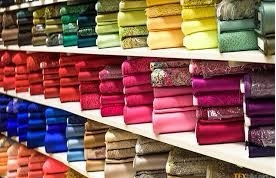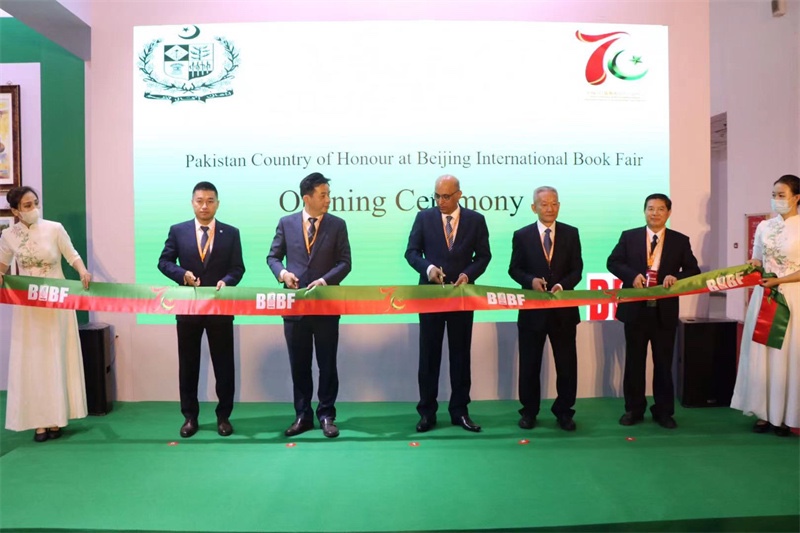Pakistan’s textiles and clothing exports are set to get a boost due to the diversion of orders out of China and other neighbouring Asian countries.
The monthly average of apparel exports from Pakistan was $565.60 million in the first half of 2021, which is expected to rise by 13.44 percent in the second half of 2021 to reach $ 641.60 million.
The US, the UK, Germany, Spain and France were the top importers of Pakistani apparel in the first half and accounted for approximately 68.27 percent of total apparel exports of the country, according to a market analysis.
Pakistan’s monthly average of textile exports was $ 278.77 million in the first half of 2021. It is expected to drop by 6.52 per cent in the second half of 2021 to reach a monthly average of $ 260.58 million. Bangladesh, the US, Turkey, Italy and Sri Lanka were the top five importers of Pakistani fabrics in the first half of 2021 and accounted for approximately 46.64 per cent of total fabric exports of the country.
China, Bangladesh, Portugal, the US and Turkey were the top five markets for Pakistani textile yarns in the first half of 2021 and accounted for approximately 85.63 per cent of total textile yarn exports of the country.
The monthly average of home textile exports of Pakistan is expected to go up from $3 93.22 million in the first half of 2021 to $ 448.23 million in the second half of 2021.
The US, the UK, Germany, Netherlands and France were the top five importers of Pakistani home textiles in the first half of 2021 and accounted for approximately 70.09 per cent of total home textiles exports of the country.
The collective monthly average of textiles and clothing exports of Pakistan was $1237.55 million in the first half of 2021. This is expected to increase by 9.12 per cent in the second half of 2021 to reach $1350.40 million.
The focus on more value addition and new textile policy of the country will support the organic growth in exports. The depreciation of PKR has also boosted textile exports.
North American and European countries have placed orders for textiles and clothing goods in China, Bangladesh and other Southeast Asian economies, which is why the textile mills and processing units of these countries are working at full capacity. Hence, new orders are being diverted to Pakistani suppliers and the rate is rising consistently.
The government of Pakistan is also supporting exporters by minimizing duty and taxes on imports of most raw materials in order to bring down the input costs of exportable products.
The ministry of commerce has allotted Pakistani Rs 6 billion under duty drawback on local taxes and levies (DLTL) scheme. Out of the total fund, Rs 5.60 billion is allotted to the textile sector as it is a major earner of foreign exchange. This has resolved the liquidity issues to some extent in the country’s export sector.

















